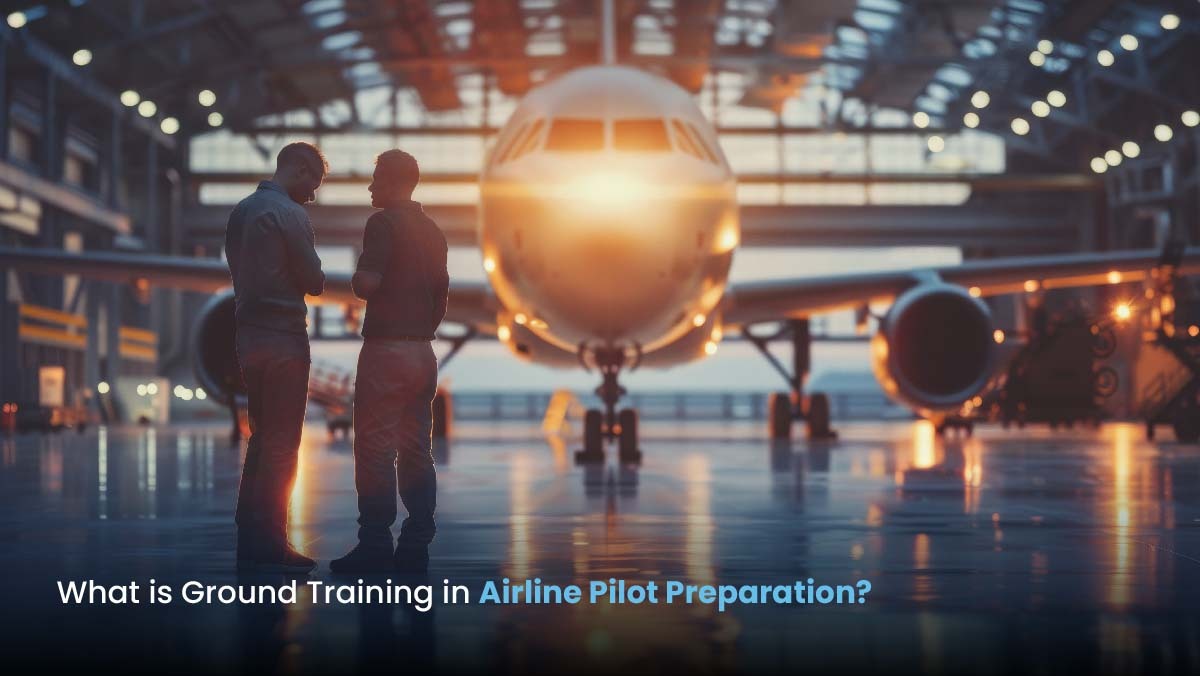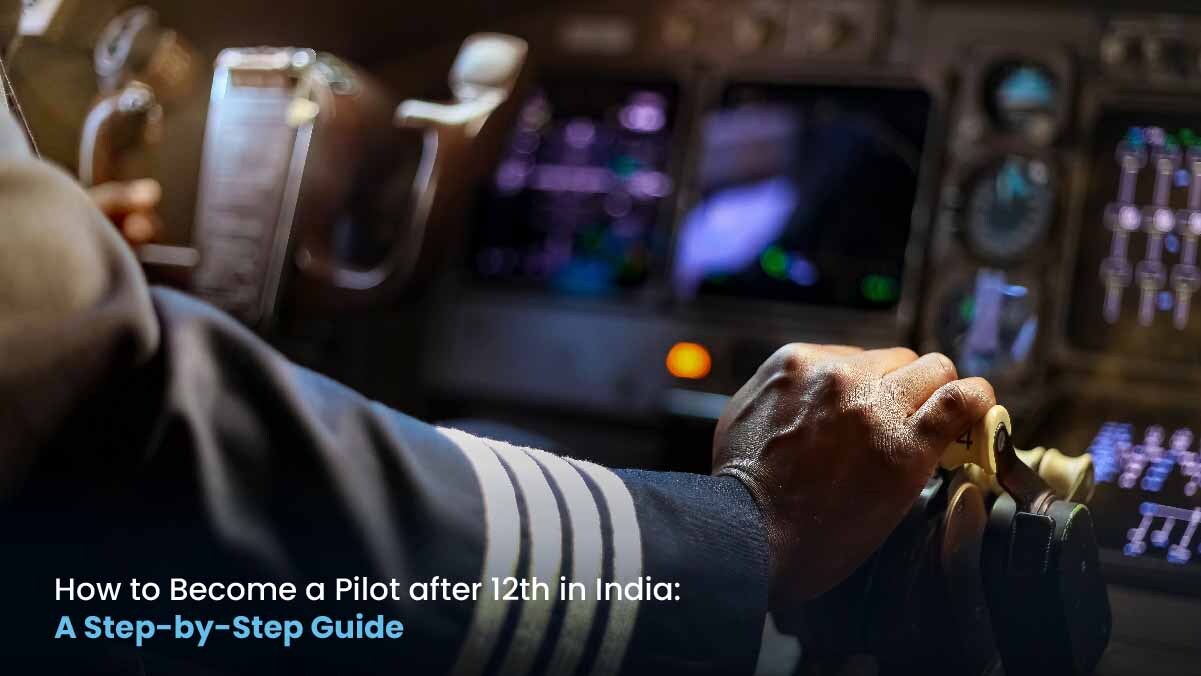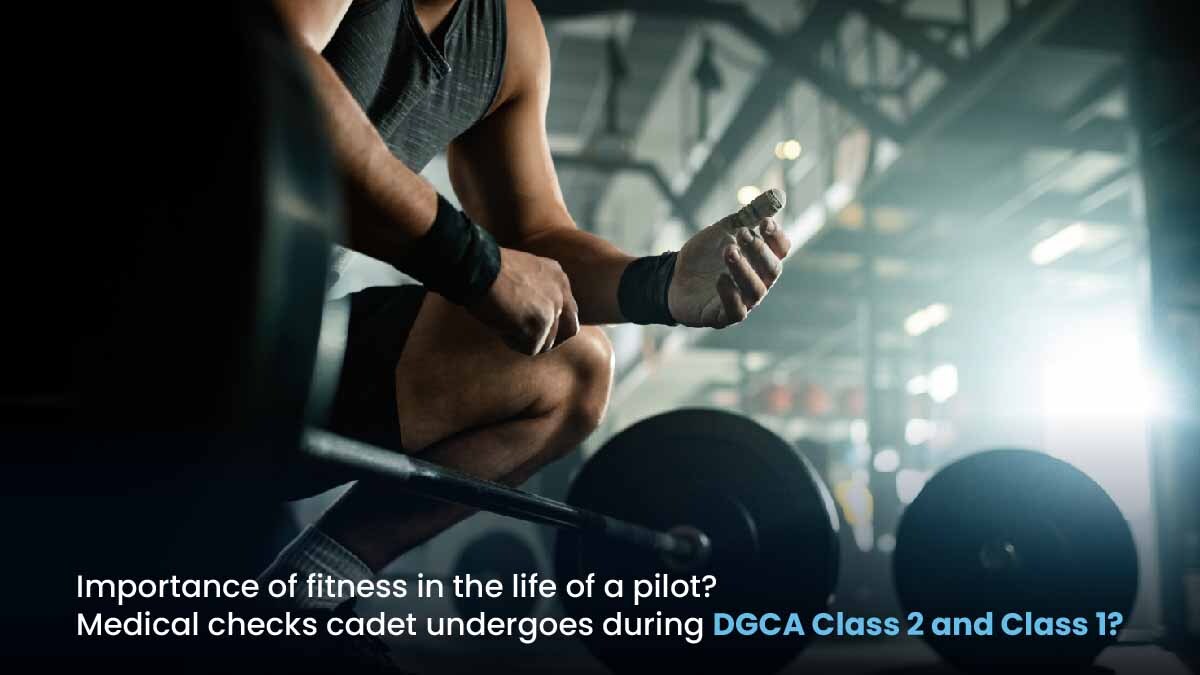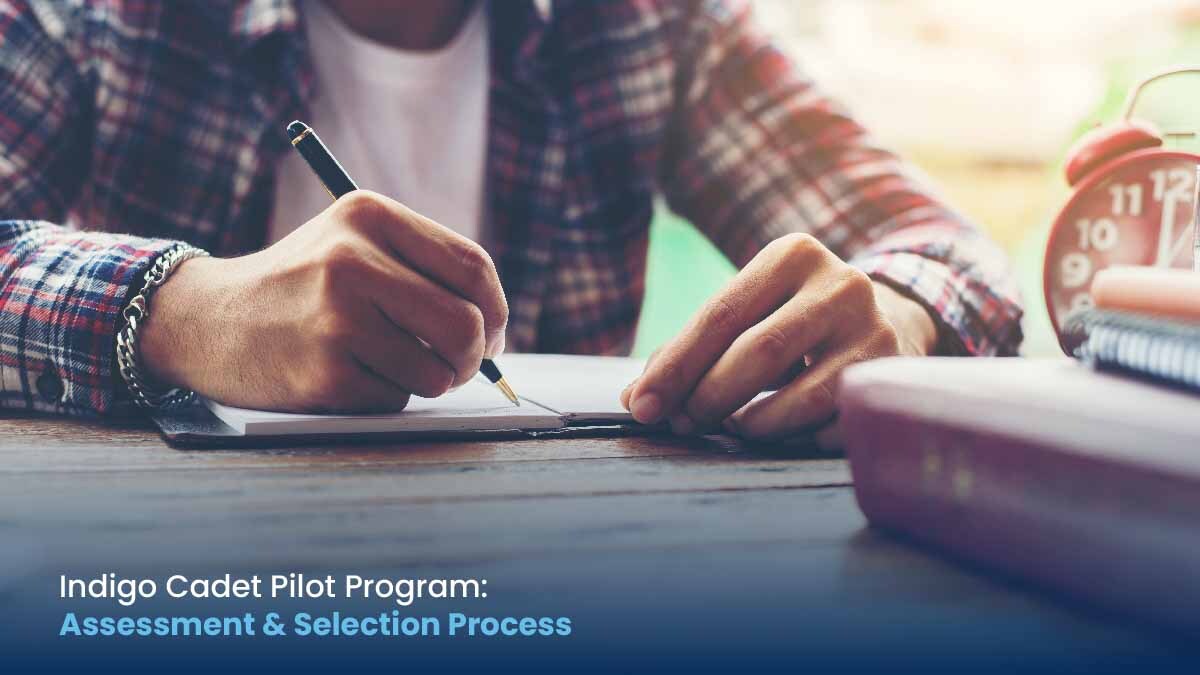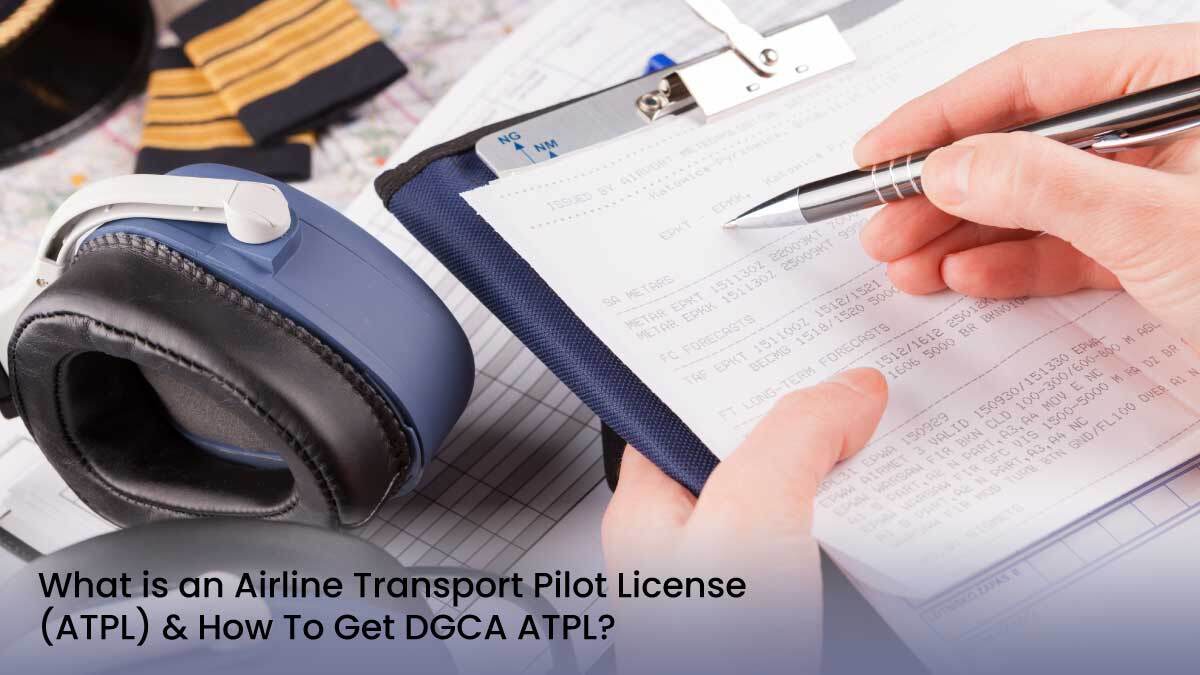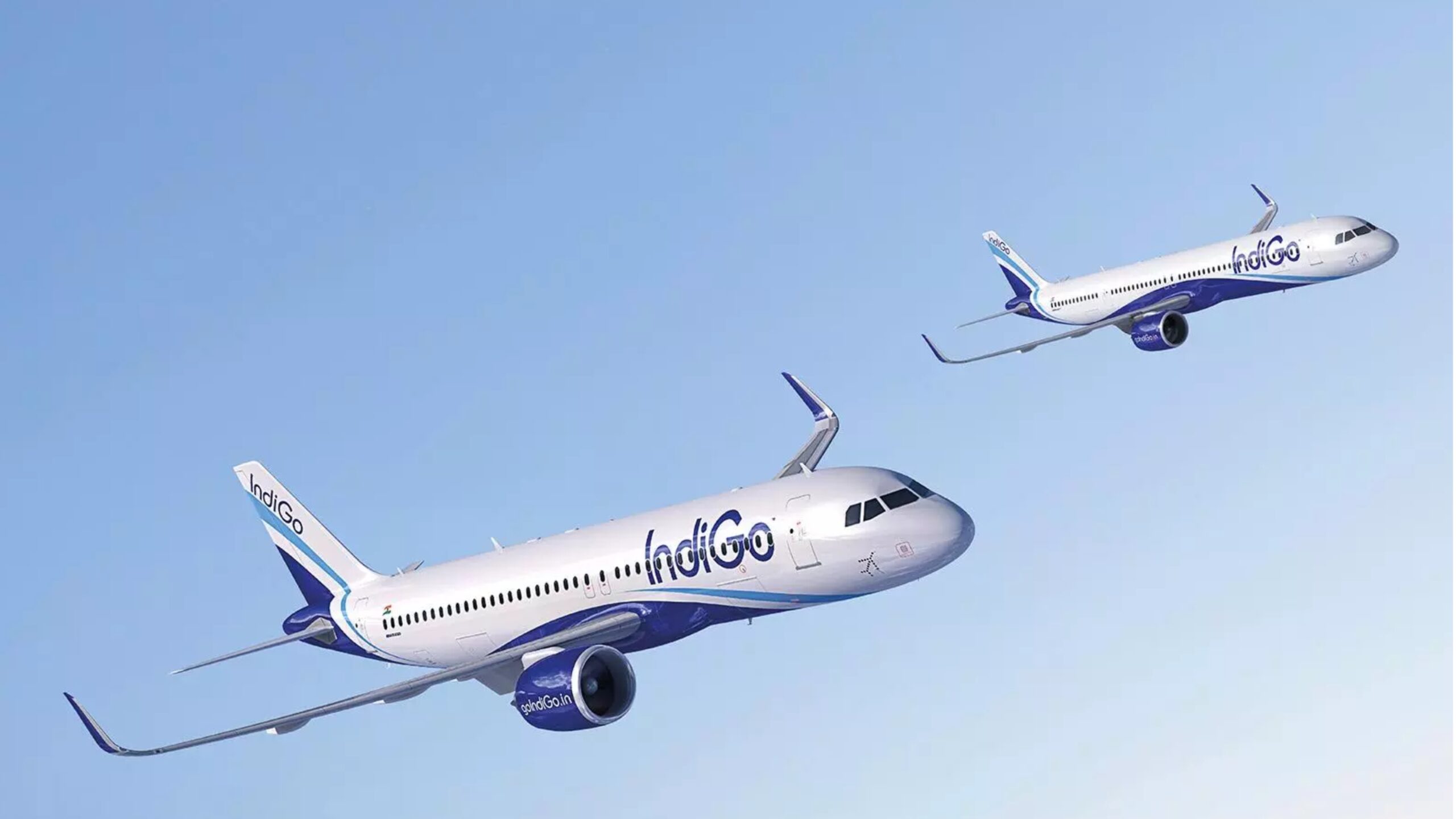
Soaring through the skies as a commercial airline pilot – it’s a captivating career path that demands not only a passion for flight, but also a solid foundation in aeronautical knowledge and practical skills. Pilot training serves as the launchpad for this incredible journey, and within it lies the crucial first step: ground training.
Think of ground training as the classroom phase, where you’ll delve into the theoretical aspects of aviation. This immersive learning experience typically lasts for several months and equips you with the knowledge and understanding necessary to excel in commercial pilot training.
Here at Insight Aviation, we offer a comprehensive ground training programme designed to prepare you for the challenges and rewards of a career as an airline pilot.
Building the Core: Essential Aviation Knowledge
The initial phase of ground training focuses on establishing a strong foundation in core aviation principles. This intensive period equips you with the knowledge needed to understand the complexities of flight. Here are some of the key subjects you’ll encounter:
- Aerodynamics: Master the principles of flight, including lift, drag, thrust, and weight. Learn how different aircraft designs affect performance and how to control the aircraft effectively during flight.
- Aircraft Systems: Gain a comprehensive understanding of the various systems and components of an aircraft, including engines, avionics, navigation systems, flight controls, and electrical systems. This in-depth knowledge is essential for safe and efficient aircraft operation.
- Meteorology: Study weather patterns, meteorological phenomena, and their impact on flight operations. Learn how to interpret weather reports and forecasts, identify various cloud formations and precipitation types, and analyse wind patterns to make informed decisions for safe flight. Understanding weather is crucial for commercial pilot training as pilots need to make critical decisions based on weather conditions.
- Navigation: Learn how to plan and execute flight routes using traditional paper charts, understand the symbols and markings on those charts, and utilise sophisticated instruments like the compass and GPS to determine your location and track. CPL ground classes, offered as part of our programme, delve deeper into advanced navigation techniques, preparing you for the complexities of navigating airspace.
- Air Traffic Control (ATC) Procedures: Understand different types of airspace and the critical role ATC plays in ensuring safe and efficient air traffic flow. Ground training equips you with the knowledge and skills to communicate clearly with ATC using specific phrases and procedures.
Refining Your Skills: Advanced Aviation Knowledge
Once you’ve established a solid foundation, ground training progresses to honing your knowledge and introducing specialised subjects that further prepare you for the challenges of commercial flight. This phase focuses on an in-depth exploration of various aviation topics, including:
- Flight Performance and Planning: Sharpen your skills in calculating takeoff and landing performance, considering factors like weight, runway length, and weather conditions. Furthermore, you’ll delve deeper into flight planning strategies, ensuring optimal routes and fuel efficiency – a vital skill for cost-conscious airlines.
- Human Factors in Aviation: Explore the crucial role human factors play in aviation safety. This module sheds light on how fatigue, stress, and decision-making can impact pilot performance and equips you with strategies to mitigate these risks.
- Air Law: CPL ground classes place a strong emphasis on regulations. Ground training further solidifies your understanding of aviation regulations with a focus on commercial airline operations. This ensures you are well-versed in the legal framework governing your future career.
- Instruments: Master the art of instrument flight procedures. Learn to rely on aircraft instruments for navigation and maintain situational awareness in low-visibility conditions, a skill essential for commercial pilot training.
The Learning Experience: Beyond Textbooks
Ground training programme utilises a variety of resources to deliver information and facilitate learning. Here’s a glimpse into what you might encounter at https://www.insightflyer.com/
- Textbooks and aviation manuals: These provide in-depth coverage of theoretical concepts and aviation regulations.
- Computer-based training modules (CBTs): Interactive CBTs can enhance learning through engaging multimedia presentations and quizzes.
- Classroom lectures: Experienced instructors deliver comprehensive lectures, fostering a dynamic learning environment where you can ask questions and clarify doubts.
Developing Essential Skills for Lifelong Learning
Ground training isn’t just about acquiring knowledge to pass exams; it’s about building a foundation for continuous learning throughout your flying career. We focus on nurturing the following key skills in our students:
- Problem-solving: Aviation scenarios can present unexpected challenges. Ground training equips you with the analytical skills to assess situations, identify potential problems, and make sound decisions.
- Critical thinking: Effective pilots need to think critically under pressure. Our programme fosters critical thinking skills that enable you to analyse information, evaluate risks, and make informed choices in dynamic situations.
- Decision-making: From navigating complex airspace to handling emergencies, pilots are constantly making decisions. Ground training provides opportunities to practice decision-making in simulated scenarios, enhancing your ability to make quick and effective choices in real-world flight operations.
- Communication: Clear and concise communication is paramount in aviation. We emphasise the importance of effective communication throughout ground training, ensuring you can communicate confidently with ATC, crew members, and other pilots.
- Time management: Pilots need to manage their time efficiently to ensure safe and on-schedule flights. Ground training helps you develop strong time management skills, preparing you for the demands of a commercial airline pilot’s schedule.
Benefits Beyond the Cockpit
The skills you gain through ground training are valuable in the cockpit and in everyday life. Here are some additional benefits you’ll reap:
- Enhanced discipline: Ground training instils a sense of discipline and focus, valuable traits that can benefit you in any profession.
- Improved teamwork: Effective communication and collaboration are crucial for successful pilot teams. Ground training fosters teamwork skills that will translate well to working with other pilots and crew members.
- Increased self-confidence: As you master the complexities of aviation, your confidence will naturally grow. Ground training provides a strong foundation of knowledge and skills, empowering you to navigate the skies with self-assurance.
The Investment in Your Future: Cost of Ground Training in India
The cost of ground training in India can vary depending on the specific programme, its duration, and the training provider you choose. Here at Insight Aviation, we offer competitive rates for our comprehensive programme. We believe in providing aspiring pilots with high-quality training at an accessible cost. Contact us today to discuss the specific costs associated with our programme and explore potential financing options.
Finding the Perfect Fit: Ground Training Programmes in India
With the growing demand for qualified airline pilots in India, numerous aviation schools offer ground training programs. Here are some factors to consider when choosing a programme:
- Curriculum: Ensure the programme covers all the essential subjects required for the commercial pilot license (CPL) exams and aligns with your career goals. Look for programmes that include practical components like radio communication exercises.
- Instructor Qualifications: Choose a programme with experienced and qualified instructors who are passionate about aviation and committed to student success.
- Location and Facilities: Consider the programme’s location and accessibility. Modern facilities can enhance your learning experience.
Insight Aviation: Your Gateway to a Successful Aviation Career
At Insight Aviation, we are dedicated to providing aspiring pilots with the ground training they need to excel in their careers. Our comprehensive programme combines theoretical knowledge with practical experience, equipping you with the skills and confidence to thrive in the exciting world of commercial aviation. Contact Insight Aviation today to learn more about our ground training programme and take the first step towards fulfilling your dream of soaring through the skies.

